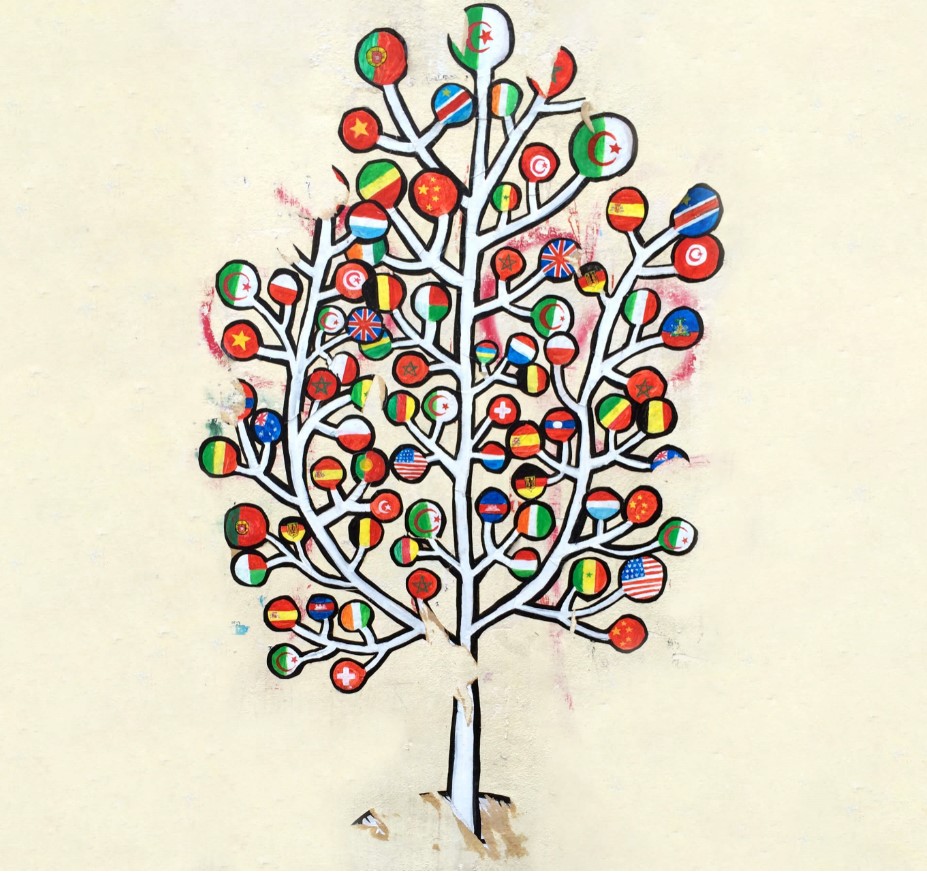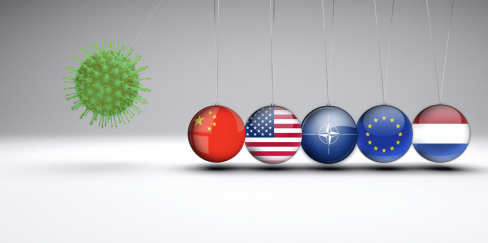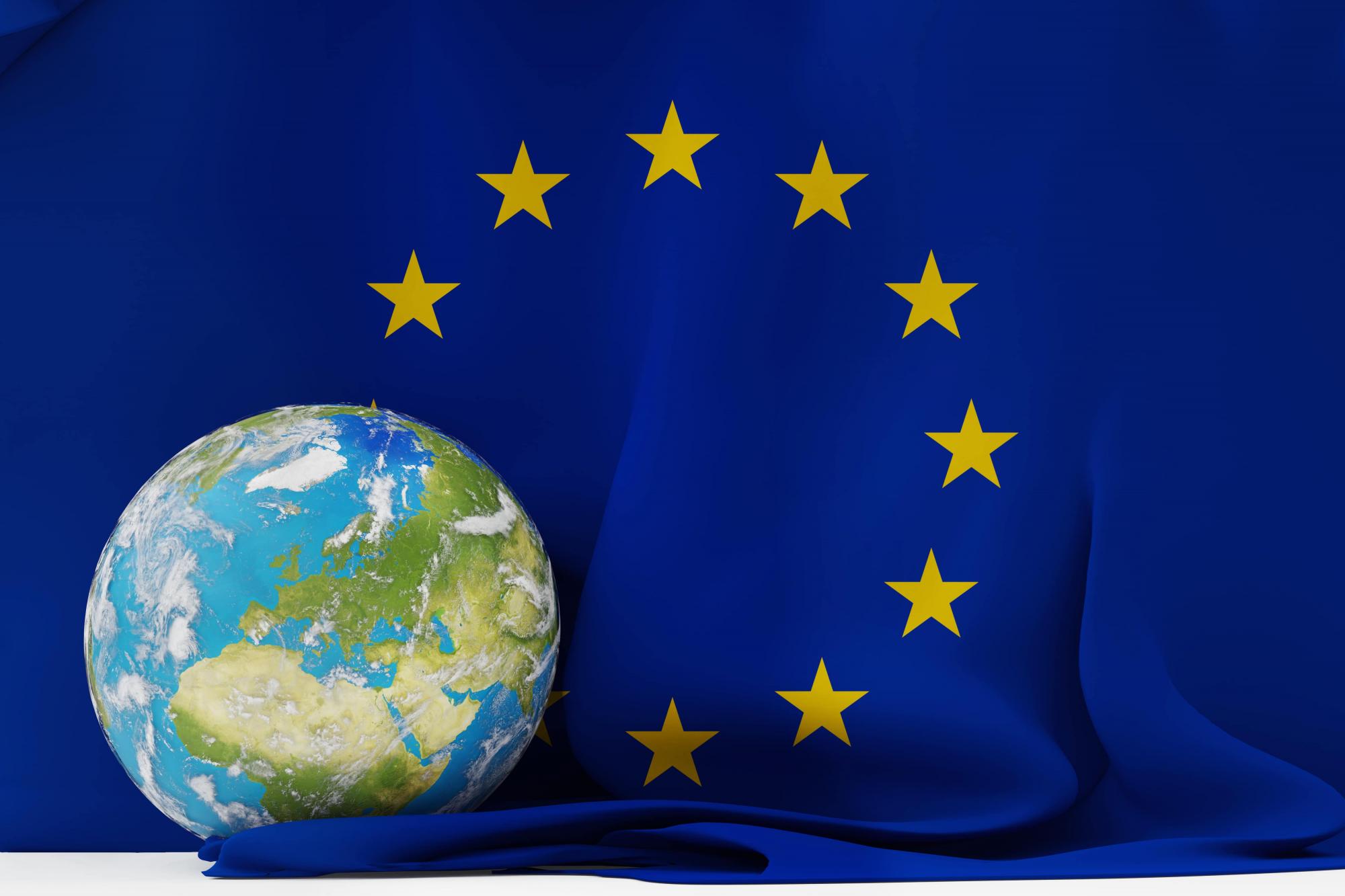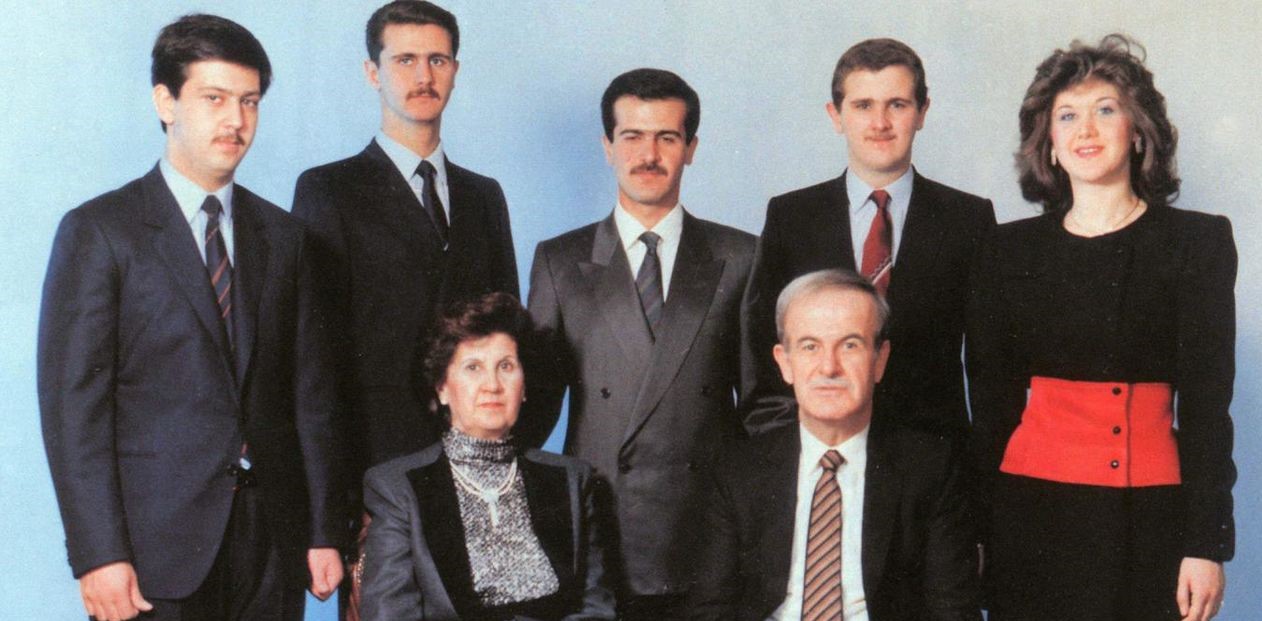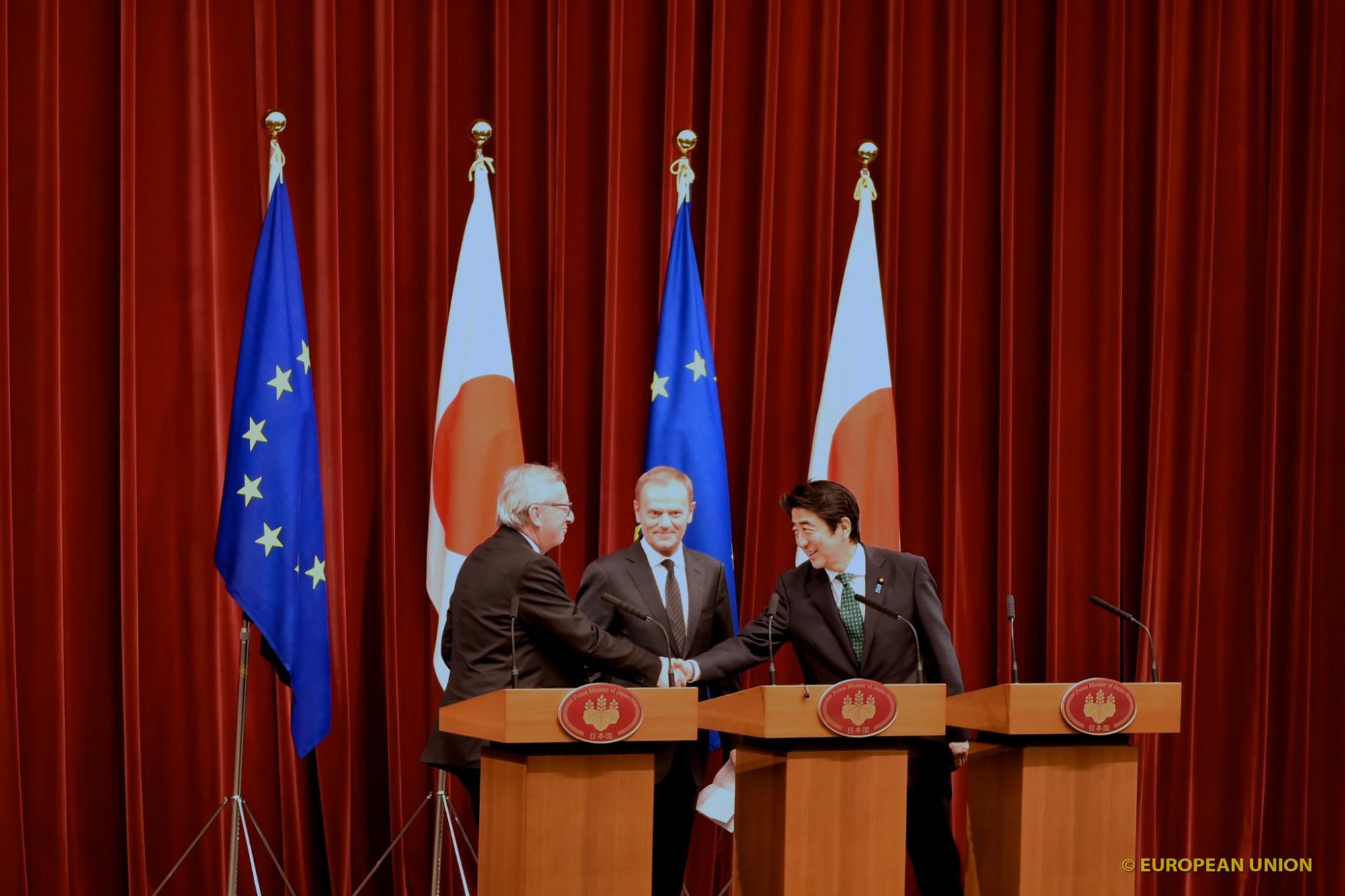Covid-19 en het multilaterale veiligheidsbestel
Het multilaterale stelsel kampt al geruime tijd met de nodige kwalen, lang voordat Covid-19 haar intrede deed. Het voor de veiligheid en voorspoed van Nederland zo belangrijke internationale bestel van normen en instituties is wel vaker in het gedrang geweest, maar de druk is de afgelopen jaren flink toegenomen. Dit komt met name door de houding van drie geopolitieke sleutelspelers: de Verenigde Staten, China en Rusland. De harde America first benadering van de VS onder president Trump, dat zich steeds vaker terugtrekt uit multilaterale samenwerkingsverbanden en verdragen, versterkt een lange termijn trend waarin Washington steeds minder leiderschap wil dan wel kan tonen. Een steeds assertiever China onder leiding van Xi Jinping probeert het multilaterale bestel naar Chinees model opnieuw in te richten, terwijl Rusland met name op veiligheids- en mensenrechtengebied al jarenlang blokkades opwerpt. Tenslotte groeit de publieke scepsis over globalisering in het algemeen, waardoor het draagvlak voor multilateralisme afneemt.
De auteurs
Bob Deen (Senior Research Fellow bij Instituut Clingendael)
Adája Stoetman (Junior Researcher bij Instituut Clingendael)
Sico van der Meer (Research Fellow bij Instituut Clingendael)
